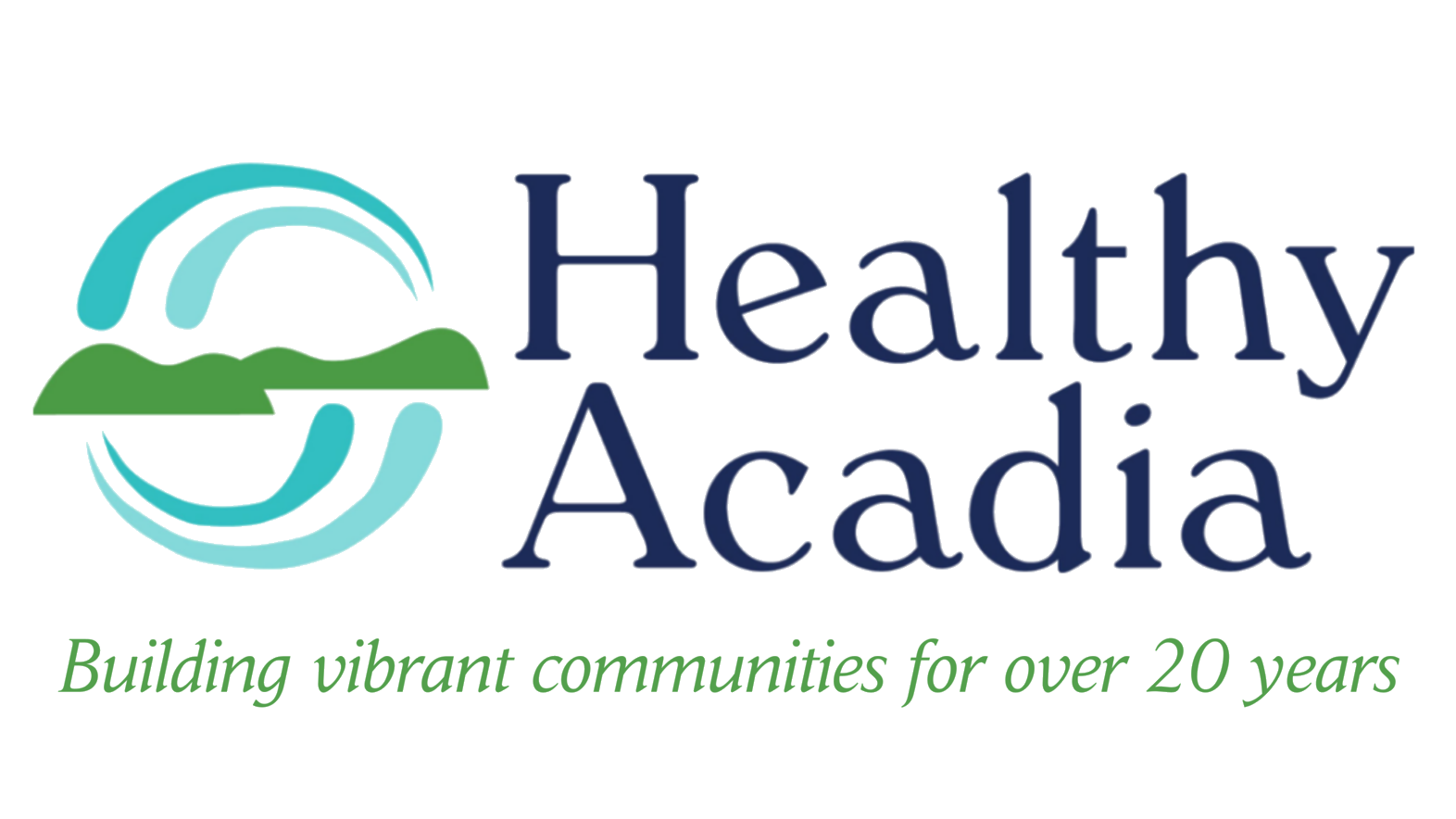Problem Gambling Awareness
Problem Gambling Awareness Month (PGAM) is a nationwide grassroots campaign held annually in March. Its primary goal is to increase public awareness of problem gambling and promote prevention, treatment, and recovery services. This initiative is crucial as problem gambling can have devastating effects not only on the individual but also on their families and communities.
Organizations like AdCare Problem Gambling Services and the Maine Council on Problem Gambling, in collaboration with the National Council on Problem Gambling (NCPG), devote their efforts to observing PGAM every year. They aim to educate the public about the signs of problem gambling, provide resources for assistance, and encourage individuals to seek help if they or someone they know is struggling with gambling addiction.
Understanding Problem Gambling: Signs and Symptoms
Problem gambling, also known as gambling disorder, gambling addiction, or compulsive gambling, is characterized by an inability to resist the urge to gamble despite negative consequences. It can manifest in various ways, and recognizing the signs is crucial for early intervention. Some common signs of problem gambling include:
Preoccupation with Gambling: Constantly thinking about gambling, planning the next gambling session, or reliving past gambling experiences.
Increased Betting: Needing to bet more money or place higher bets to achieve the desired level of excitement.
Difficulty Controlling Gambling Behavior: Being unable to stick to pre-set limits or stop gambling despite multiple attempts to do so.
Lying About Gambling: Hiding gambling activities from family, friends, or loved ones.
Financial Problems: Experiencing financial difficulties such as borrowing money, selling possessions, or resorting to illegal activities to finance gambling habits.
Emotional Distress: Feeling restless, irritable, or anxious when not gambling, and experiencing mood swings related to gambling wins or losses.
Neglecting Responsibilities: Prioritizing gambling over important commitments such as work, school, or family obligations.
Seeking Help and Support
For individuals struggling with problem gambling, seeking help is the first step towards recovery. There are various resources available, including counseling, support groups, helplines, and treatment programs specifically designed to address gambling addiction.
211 is Maine’s Problem Gambling Helpline. You are not alone. Help is available. You can be connected to services by:
Dialing 211
Texting your zip code to 898-211
Email info@211maine.org
The National Problem Gambling Helpline is available via call, text or chat and can provide detailed information regarding treatment resources available in your area.
For resources to help overcome a gambling problem, reach out to 1-800- GAMBLER anytime. It’s free, friendly, and 100% confidential.
Call: 1-800-GAMBLER
Text: 800GAM
Chat: www.1800gamblerchat.org
No one succeeds alone. Call, text, or chat the National Problem Gambling Helpline to be connected with a friendly professional who can share practical resources.
Gambling Self-exclusion Program
Gambling self-exclusion programs are initiatives where individuals voluntarily ban themselves from participating in gambling activities at specific venues or online platforms to help curb addictive behavior.
In Maine, AdCare Educational Institute of Maine, Inc., offers self-exclusion for casino gambling and sports wagering. Self-exclusion for casinos and sports wagering is available online in-person with trained staff at select community locations.
Click here to view and search the list of self-exclusion locations.
For additional problem gambling resources, visit https://adcareme.org/problem-gambling-maine-resource-document/

